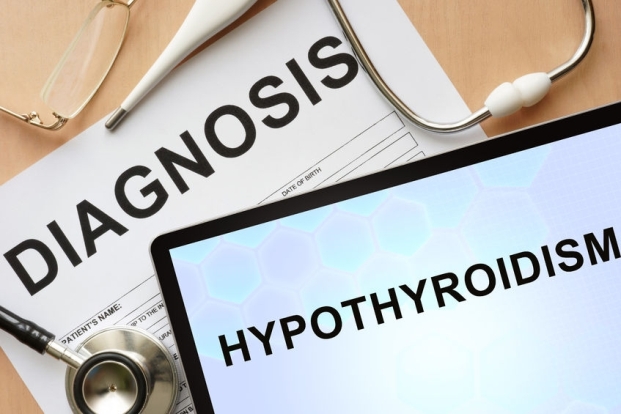Relationship Between Diabetes And Thyroid Disorder
Apr 19, 2022
Thyroid disorder is the second only to diabetes as the most common condition to affect the endocrine system. These are a group of glands secreting hormones which help regulate growth, reproduction and nutrient use by cells.
Since the thyroid gland plays a central role in the regulation of metabolism, abnormal thyroid function can have a major focus on the control of diabetes.

In addition, untreated thyroid disorder can raise the risk of certain diabetic complications and can aggravate several diabetes symptoms. Luckily, abnormal thyroid function can easily be treated by simple blood tests and effective treatment is available to treat this. We recommend regular screening of thyroid disorder amongst people with diabetes. People with diabetes have an increased risk of developing thyroid disorder. In general, approximately 6% of people have been found to develop thyroid disorders in a later stage of diabetes.
However, the prevalence of thyroid disorder can increase to over 10% in people with diabetes. Since people with one form of autoimmune disorder have an increased chance of developing other autoimmune disorders, people with Type 1 diabetes have a higher risk of autoimmune thyroid disorder. Up to 30% of women with Type 1 diabetes have fewer forms of autoimmune thyroid disease. Postpartum thyroiditis, a form of autoimmune thyroid disease that causes thyroid dysfunction within a few months after delivery of a child, is three times more common in women with diabetes. Although, Type 2 diabetes is not an autoimmune disorder, there have been several reports showing a higher occurrence of thyroid diseases specially hypothyroidism, among people with Type 2 diabetes. The association between Type 2 diabetes and thyroid disorder, however, remains unexplained. Since normal thyroid function is essential to regulate energy metabolism, abnormal thyroid function may have profound effects on blood glucose control in diabetes.









